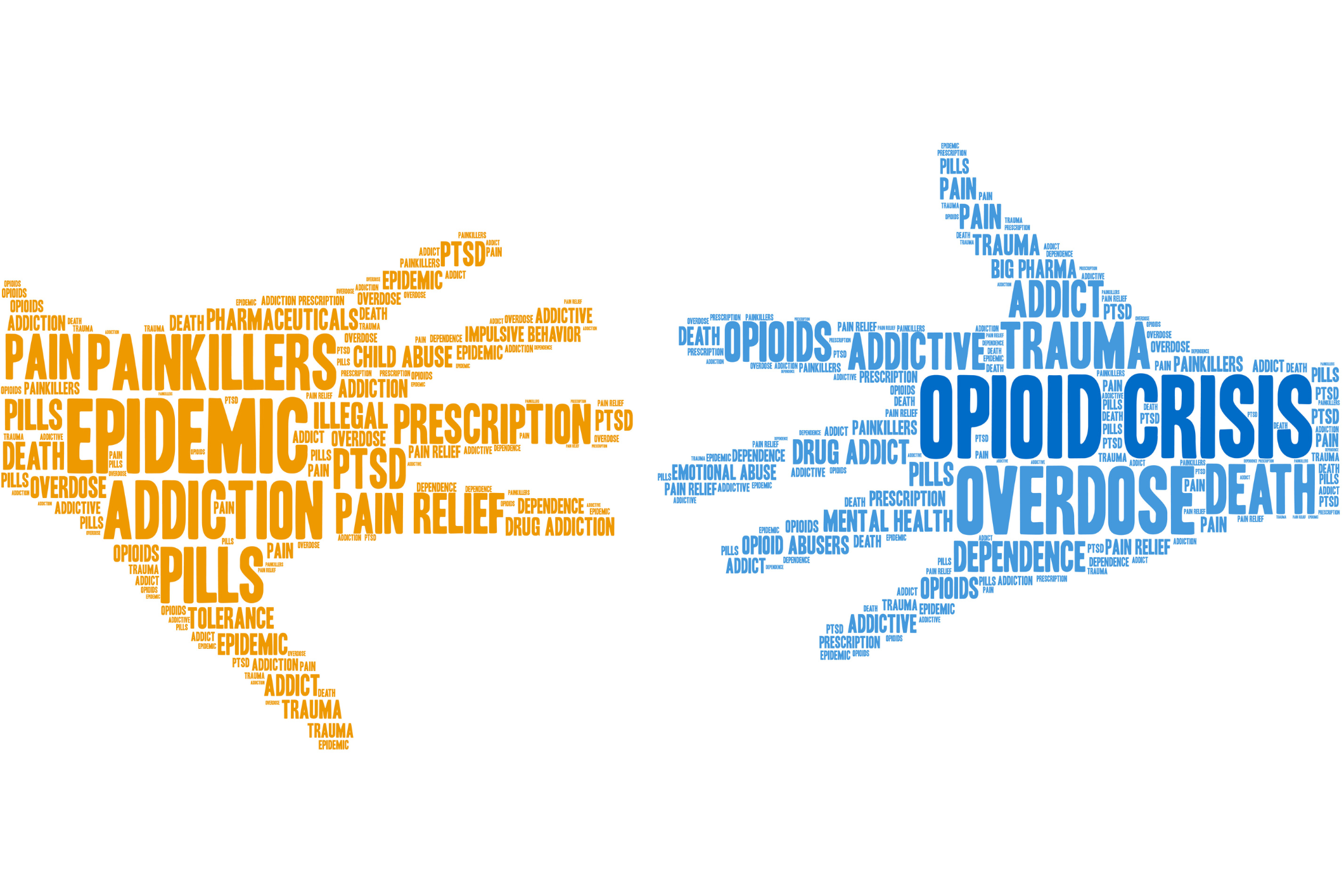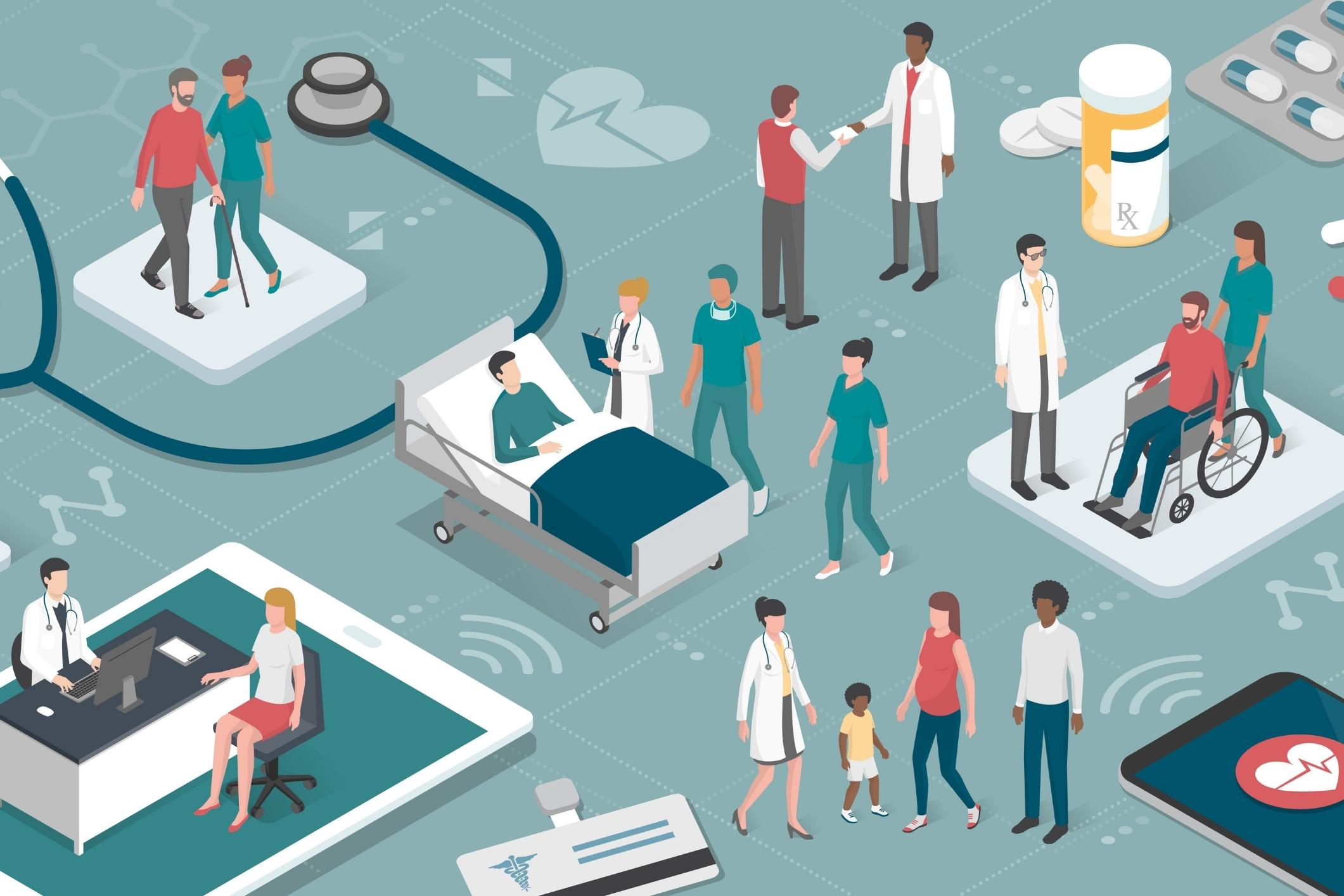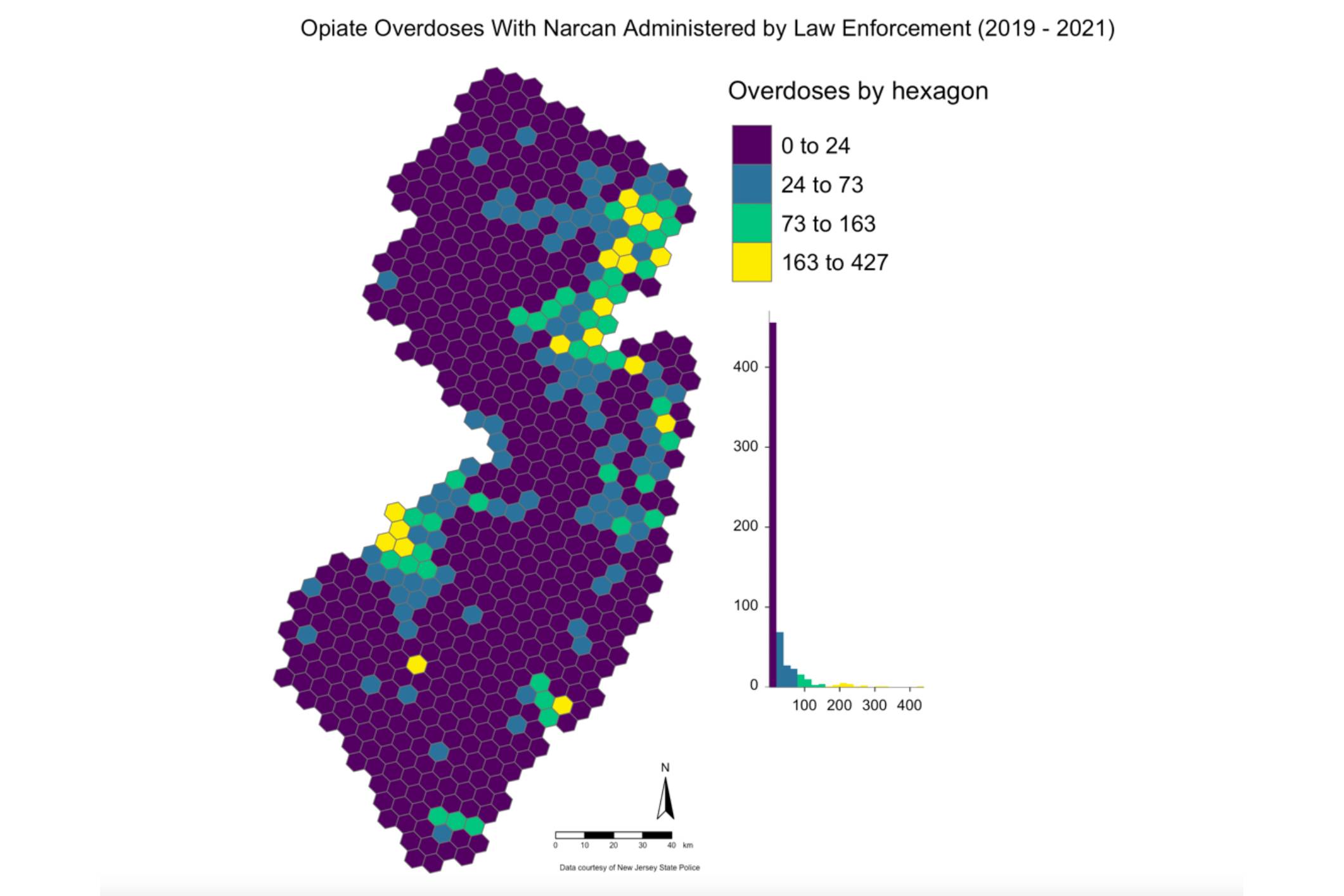Behavioral Health Reimbursement and Unmet Mental Health Needs in NJ
Megan McCue2022-10-21T16:49:46-04:00By Nduka Vernon According to the Kaiser Family Foundation, 29% of non-elderly adults (adults below the age of 65) covered by Medicaid have a mental illness.[1] In addition, of all non-elderly adults with mental illness, Medicaid covers 23% of this population. While the burden of mental health disease appears to be significant among the low-income [...]










